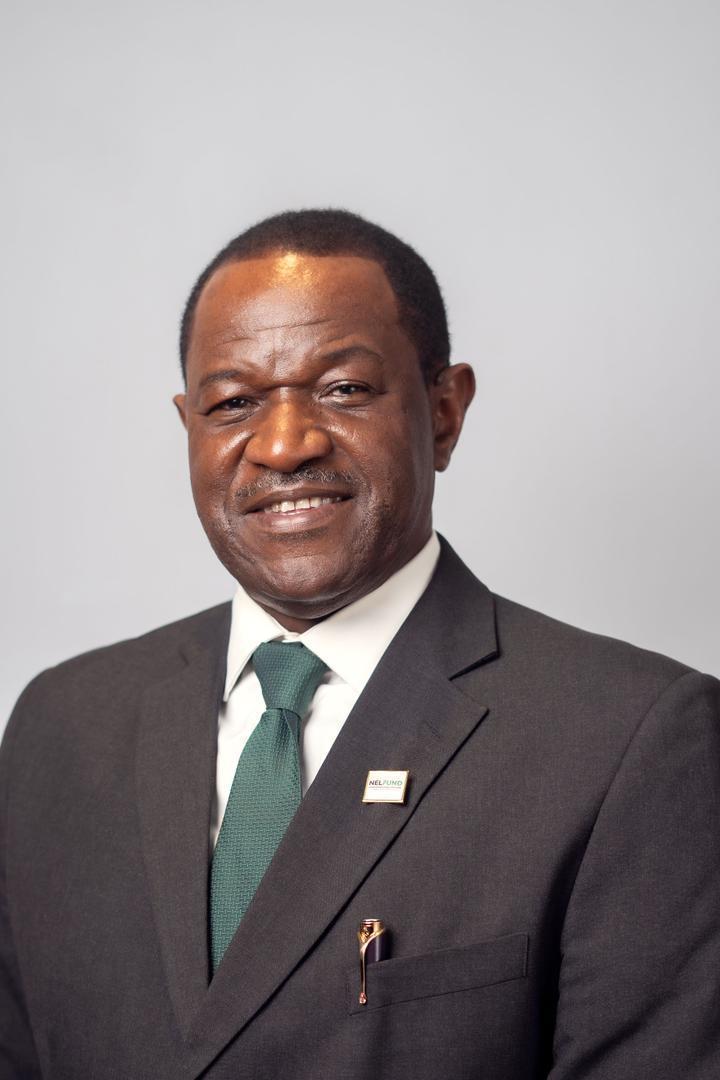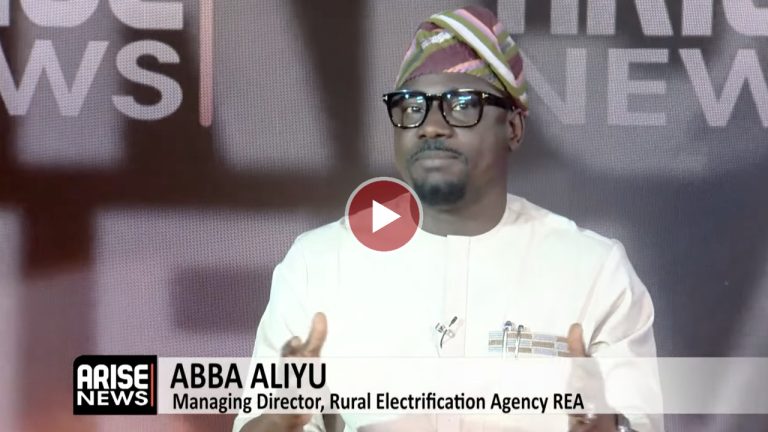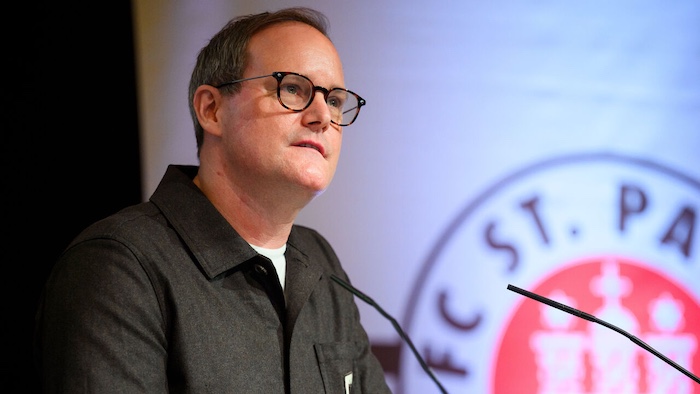By Henry Ojelu
The decade-long trial of the Indigenous People of Biafra, IPOB, leader, Mazi Nnamdi Kanu finally reached a dramatic climax last week when the Federal High Court, Abuja, convicted and sentenced him to life imprisonment on terrorism charges—closing one of the most contentious criminal proceedings in Nigeria’s recent history.
For 10 years, the case meandered from judge to judge, punctuated by arrests, releases, flight from the country, extradition controversies, walkouts by lawyers, courtroom tensions, and political undercurrents that made every hearing a national spectacle.
The culminating judgment by Justice James Omotosho arrived with unusual speed – typed, signed and released to both sides within 24 hours—instantly triggering fierce debate about its substance, process, and broader implications for justice, federalism and national security.
For some legal analysts, the court merely applied the statute to the evidence; for others, the judgment sat uneasily on shaky legal foundations. In this edition, Vanguard Law & Human Rights spoke to four senior lawyers whose sharply contrasting positions reveal a profession split between those who hail the judgment as a triumph of due process and those who insist it is a nullity waiting to be overturned on appeal.
Judge went extra mile for fair hearing — Edun, SAN
For Wale Edun, SAN, the verdict was the predictable outcome of a trial in which, in his view, no judge in recent memory gave a defendant more latitude to defend himself. The former Nigerian Bar Association, NBA, Welfare Secretary described the case as a “10-year legal odyssey that tested the endurance of Nigeria’s judicial machinery.”
Edun praised Justice Omotosho’s “dexterity and probity,” insisting that the court demonstrated uncommon diligence. He said: “The case took 10 years to conclude after going around several judges until it was transferred to the Court of Justice J.K. Omotosho. The trial judge granted accelerated hearing and concluded the case in less than a year. I commend the case-management style and judicial probity of the court.”
To Edun, fairness was the central theme. According to him: “The prosecution witnesses were cross-examined. Defence counsel—led initially by the eminent silk, Kanu Agabi—had every opportunity. After the defence chose to terminate counsel’s services, the judge adjourned several times for the defendant to rethink his desire to represent himself.”
He pointed out that the court even attempted to cushion the risk of self-representation: “The judge offered to deploy counsel from the Legal Aid Council, but the defendant rejected it. The court practically pleaded with him to open his defence. No reasonable person who followed the proceedings can say he was not given a fair chance.”
He added that the legal consequences of refusing to defend oneself are always severe:
“It is settled law that where a defendant fails to open his defence, he is deemed to have rested his case on the prosecution. It is a dangerous strategy. Justice is a three-way traffic: the defendant, the prosecution and the public.”
Edun emphasised that courts cannot be swayed by politics: “A trial judge is never concerned about the politics of the case. His only duty is to determine whether the prosecution has proved the offence beyond reasonable doubt. Period!”
But he pivoted sharply to politics in his closing reflections, urging federal authorities to embrace reconciliation: “This does not detract from the Prerogative of Mercy Committee’s power to recommend pardon. Convicted looters have been pardoned. We need healing now.”
He framed Kanu’s case as a symptom of a deeper national malaise—one rooted in structural imbalance, divisive policies, and failures of leadership. “Nigeria is a federation of more than 300 tribes. We still operate quota system and federal character 65 years after independence. These policies have replaced merit with mediocrity.”
Edun warned that violence cannot drive reform: “No government will allow violence or threats that can cause breakdown of law and order. Look at Libya, Sudan, Syria. Nigeria cannot afford security collapse.”
His prescription is political restructuring, empowered governors, state police and better leadership selection: “Nigeria is too big to be controlled from Abuja. The people must agitate through their leaders for devolution. Governors must stop worshipping Abuja. Nigerians must stop electing jokers. State Police is a must.”
Kanu should never have defended himself—Opara, SAN
Victor Opara, SAN, in his assessment of the judgment, adopts a middle ground. He opted not to attack the judgment’s substance but questions the integrity of the procedure—particularly Kanu’s decision to sack his legal team and attempt self-representation.
For Opara, terrorism cases demand high evidential thresholds and professional defence. He said: “What surprised me was that Kanu dismissed a very competent legal team, in my view, and chose to defend himself. Defending yourself in a criminal trial requires forensic skill, emotional intelligence, and deep legal knowledge. Unfortunately, we did not see him present witnesses or counter the prosecution’s evidence. When that happens, the judge has little room—if the prosecution’s evidence is unchallenged, it stands.
“Having said that, it is important to interrogate the procedure. I do not believe a defendant facing an offence that carries life imprisonment or death should ever defend himself. Section 349 of the Administration of Criminal Justice Act, especially subsection (6), clearly states that a defendant facing a capital offence shall not defend himself.
In such cases, the judge should assign counsel—either through Legal Aid or a “dock brief.” I do not know whether that was done here. Once his lawyers withdrew, he had no representation, and in my view, the judge should have assigned counsel from Legal Aid, the Ministry of Justice, or even the Nigerian Bar Associatio, NBA. The sanctity of the court must be preserved. A defendant without legal training should not be allowed to defend himself in such serious matters.
‘The law states that a defendant facing capital charges shall not be allowed to represent himself. It is a mandatory duty imposed by law, not a discretionary matter. However, even if counsel is assigned and the defendant rejects the lawyer, another question arises: does his constitutional right to counsel of his choice override that provision? These are issues for the appellate court. Again, I do not know if the judge gave him the statutory opportunity.
“From what I saw, Kanu’s case was not hopeless. There were many possible defences. I would have preferred that his very experienced lawyers handled the case using their forensic skill. I do not support the strategy of dismissing them.
Regarding appellate prospects, Opara’s answer was measured: “Does he stand a chance on appeal? It depends on the grounds. The Court of Appeal is not a charity home. If he has solid grounds, the court will consider them.”
Judgment built on nothing cannot stand — Ufeli
Human-rights lawyer, Evans Ufeli offers the sharpest criticism of the verdict, describing it as legally defective on three foundational grounds: absence of a valid statutory basis, insufficient evidence, and procedural irregularities.
For Ufeli, the first and most damning flaw is the legal foundation of the charge. He said: “The first and most elemental objection is statutory. Criminal law proceeds on the maxim: nullum crimen sine lege; no crime without law – and its corollary that a court may not convict on a basis that lacks a current legal foundation. The Latin adage, ex nihilo nihil fit, “nothing comes from nothing,” captures this point with equal force: a conviction cannot validly derive from a legal vacuum.
“If the Terrorism Act under which the accused was charged had been repealed prior to or at the time of prosecution, the court’s exercise of criminal jurisdiction in reliance upon that Act would have been without legal underpinning.
“The consequences are not merely technical. A law is the predicate that defines the prohibited conduct, prescribes requisite mens rea, and establishes the penalties. Absent that predicate, there is no correctly defined offence to try, no statutory elements to prove, and no lawful sanction to impose.
“There are further legal nuances: the temporal relationship between repeal and the alleged offending conduct can matter, and the legislature’s intention regarding retrospective application will determine whether prior conduct remains punishable.
“But those distinctions only reinforce the central point: the court must first determine whether the statute remained in force and applicable before it can proceed to adjudicate guilt under that statute. If a court ignores or misapprehends that statutory question, any conviction it pronounces risks being void for want of a legal foundation.
The second pillar of his critique is evidential weakness: “No weapon was tendered. There was no direct proof tying him to violent acts. Allegations of terrorism require concrete links to acts of violence, not mere speech or political agitation.”
He emphasizes that circumstantial evidence must be overwhelming: “Uncorroborated assertions or reliance on dangerous speeches without nexus to violent acts cannot meet the standard of proof beyond reasonable doubt.”
Third—and in Ufeli’s view most alarming—is the court’s refusal to hear a jurisdictional objection: “Jurisdiction goes to the very heart of adjudication. If a court ignores a valid objection to jurisdiction, everything it does afterwards is a nullity.”
Elaborating, he said: “The court must first determine whether the statute was in force and whether it had jurisdiction. To proceed without resolving these questions is to invert the hierarchy of the rule of law.”
Ufeli insists that the judgment is fatally vulnerable: “Taken together—absent statutory foundation, insufficient proof, and failure to entertain jurisdictional objection—the conviction is constitutionally and legally defective.”
As for the appellate prospects, Ufeli opined thus: “In such circumstances, the conviction should be set aside or remitted for fresh trial after resolving the threshold issues.” He warns that the implications go beyond Kanu saying: “If courts allow convictions where statutory basis is doubtful or evidential threshold unmet, they erode criminal protections. No conviction should be built on nothing.”
It was compromised sentence — Ojo
Lagos-based public law expert, Mr. Gbenga Ojo, sees the verdict through a different lens. He describes it bluntly as a “policy judgment—compromised but necessary.”
He argued that the severity of terrorism charges ordinarily carries the death penalty, and that what happened in the Kanu case was a carefully calibrated legal-political balancing act: “It seems like a policy judgment. The penalty for treason or treason-related offences is death. The idea is to work out political solutions—like prerogative of mercy—and release him after,” Ojo said.
Ojo believes convicting Kanu was important to avoid setting a bad precedent. “If Kanu had been released without full trial, that would have been a very bad example. It would embolden other separatists to think trials can always be compromised.”
The law lecturer also threw his support for a fusion of firmness and mercy. He said: “Let the judiciary do its work. Any similar offenders will go through the rigours of trial and punishment. But the government should temper justice with mercy and work out political solutions with stakeholders among Igbo leaders.”
Ojo described the overall outcome as “a welcome development”, arguing that it protects the integrity of the judicial process while keeping the door open for political reconciliation.



